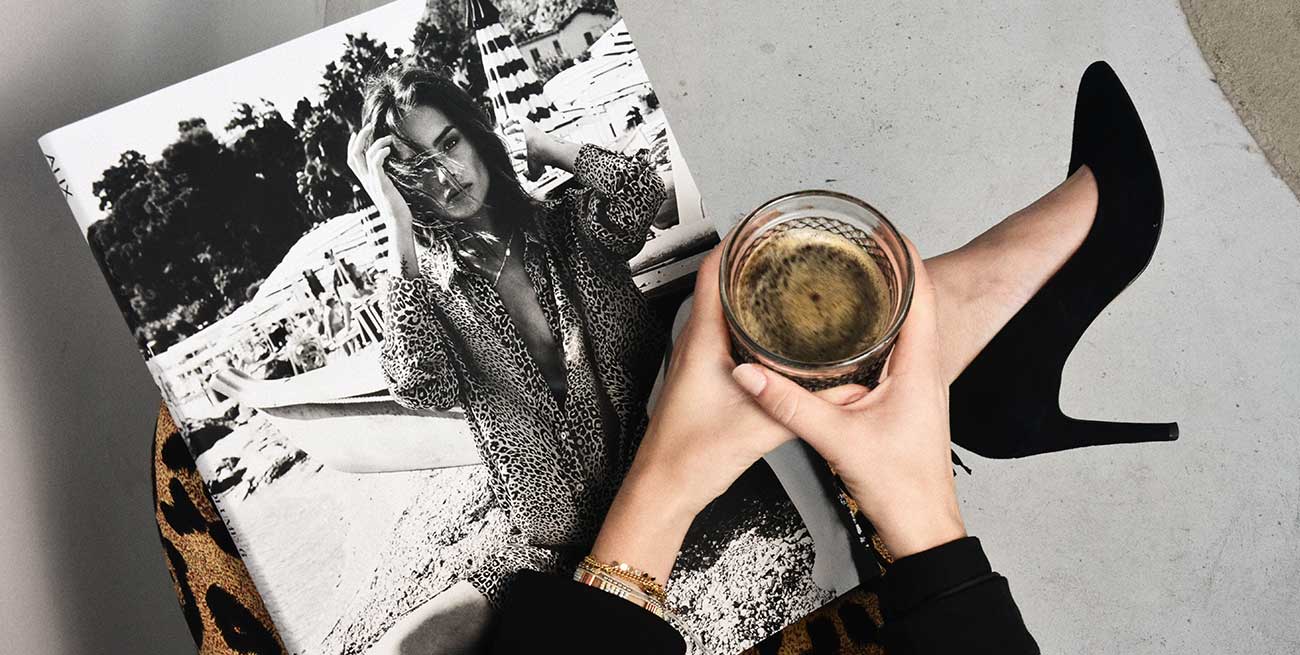
For this ‘bipolar light’ yoga-teaching nonprofit manager and new stepparent, there is no ‘done’
Holly Seymour Jasinski has spent most of her adult life helping others. For more than 10 years, the 45-year-old has worked for Resilience: Advocates for Ending Violence, a nonprofit in West Michigan that responds to, reduces, and prevents domestic and sexual violence.
Before moving to Grand Rapids in 2008, she managed a large domestic violence safe house on Chicago’s West Side and held various roles at both national and community-based nonprofit organizations in Lansing, Michigan, and Chicago. Jasinski earned a bachelor’s degree in Interdisciplinary Studies in Social Science and a master’s degree in Family and Community Services, both from Michigan State University.
When she’s not spending free time with family and their neurotic rescue animals, Jasinski likes teaching and practicing yoga and encouraging self-care for other helpers and activists.
What’s most important to you in life right now?
My family. I married an amazing human being in 2018 and got the magnificent bonus prize of becoming a stepmom to two absolutely rad teenagers. They are intelligent, hilarious, independent, kind, principled, and just all-around super cool people. I was married once before, but never had children, so being in a parental role is new to me.
Not all stepparents come into a situation where the biological or first parents are fully invested in the kids as much as their parents, so I feel super lucky in that regard. The kids have several positive adults in their lives. We did need to feel out what this “bonus parent” role should look like.
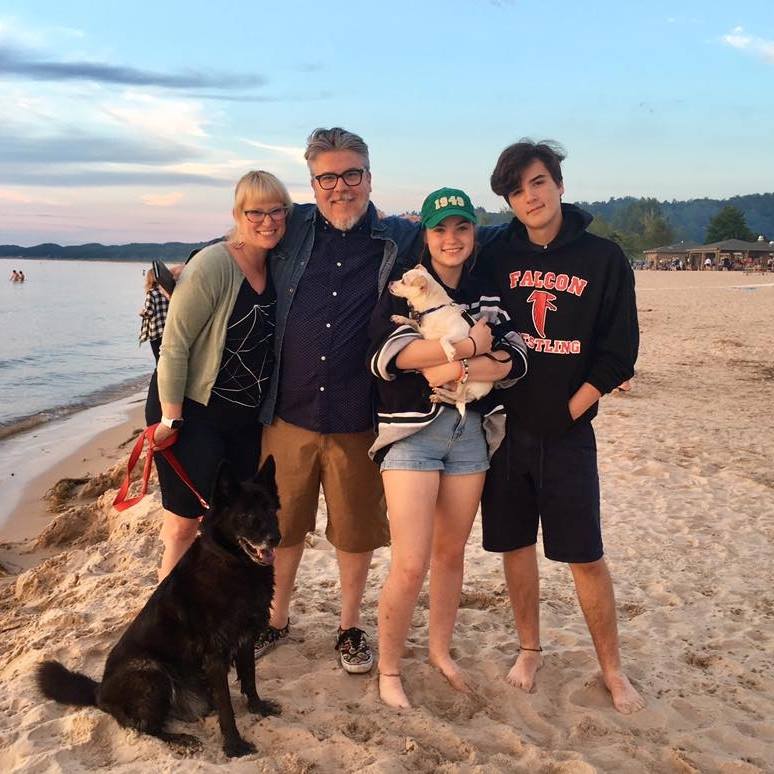
“I think I had a weird, vague idea of what kind of stepmom I wanted to be — almost like a punk-rock Martha Stewart.”
Like, I could bake delicious organic scones and make perfect crafts but also take them to shows and protests and they would tell me all their problems and I would offer sage advice that would shape them for the rest of their lives. I chilled out eventually and stopped worrying about being cool (News flash: I’m not). Now I just do my best to be available and helpful without meddling or trying to force anything. I try to model compassion toward myself and others. I act like myself and show my emotions, whether it’s cracking up and dancing like a weirdo with our dogs in the kitchen or crying my eyes out during a sad movie.
I think it helps that, for whatever reason, I have really clear memories of being 16 and 18 (their current ages). Too often I think adults minimize teenagers’ concerns because all they remember is that they got through that time relatively unscathed and went on to face other challenges that they now view as being more important. I get irritated when adults talk to kids on the brink of adulthood about how they are on the verge of entering the “real world.” They are already in the real world. They have thoughts, convictions, and legitimate fears about everything from personal relationships to gun violence and the environment. They deserve to be heard and validated.
What three jumbles are top of mind for you right now?
- Caring for parents and family members who are aging: illness, Medicare, confusing paperwork, assisted living, etc.
Navigating this new world feels really daunting. I want to say, “Excuse me? There must be some mistake. I am not qualified to be in charge here.” As a kid, I always thought the adults knew what they were doing. It turns out we just improvise to the best of our abilities, but deep down we are all scared shitless. - I have recently “gone public” about having a diagnosis of Major Depressive Disorder with Mixed Features, which I think of as “Bipolar Light,” since the periods of depression and mania, while definitely sucky, don’t stick around for too long.
I realize putting it out there is a risky move. I just decided that I didn’t want to hide that part of me anymore and perpetuate the stigma that mental health issues are something to be ashamed of. Managing my symptoms can feel like a full-time job. I’m always surfing — constantly trying to find a sweet spot between doing what I can to feel OK and not sweating it too much if I don’t drink all the water and do all the yoga and meditate on a beach and journal every feeling every day. Opening up to friends and family has been the most helpful thing I have done. I am also very fortunate to work in a field where mental health, addictions, and abuse are talked about openly and without judgement. We have a lot of work to do to break the myths around all of these issues; there is still so much shame and blame. A lot people would be risking losing their jobs or even custody of their kids if they went public with their diagnoses like I have. I am privileged to not have to worry about that kind of backlash. - Settling into a new position at work.
After a 20-plus year career working mostly on the front lines, the decision to step away was essential to my well-being. By front lines, I mean hearing stories of intimate partner violence and sexual trauma every day, working tirelessly to secure grant funding for crisis services, challenging the systems that do not adequately protect victims or their children and fail to consistently hold perpetrators accountable, and supervising a team of therapists and case workers who experience hefty doses of vicarious trauma. It was not an easy decision by any means. My job had become so much of my identity and admittedly, it fed my ego. Doing work with trauma survivors is not something that most people want to do, so it’s easy to start having a sense of superiority about it. Self-care and secondary trauma were not really on anyone’s radar at the beginning of my career. Even after I learned about it, it was difficult to break old patterns.
“I didn’t consistently practice self-care until I was almost 40. I don’t mean just bubble baths and manicures.”
I mean simple things like listening to your body: eating when you are hungry instead of bingeing once you feel like you’re starving, drinking water, sleeping when you are tired, setting boundaries and saying no to things you don’t really want to do. In the book The Joy of Burnout, Dr. Dina Glouberman presents a completely different take on burnout than what I was used to hearing. She talks about what an important learning experience burnout can be. “Burnout is, or can be, a door to walk through into a life with space, love, and joy — indeed a sense of being able to be one’s true self.”
The opportunity to move into a new role on our prevention team opened up and although it wasn’t an upward move, it was undoubtedly the right move. I am now in a position where I educate the public on how to recognize and respond to domestic violence. I am so thankful that I can continue working on an issue that is so important to me but in a way that feels energizing and hopeful. I also finished a 200-hour yoga teacher training in June 2019. I have been offering free yoga classes and individual lessons to my colleagues so I can get more practice. My hope is that my story will help others recognize the importance of caring for themselves.
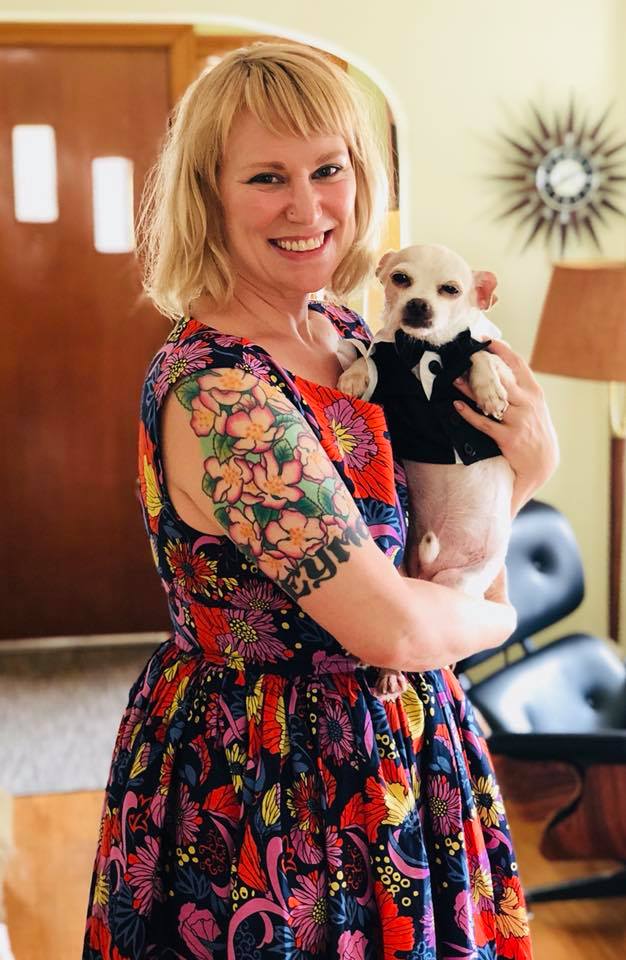
How do you go with the flow?
I have an amazing support network. I have ongoing group chats with several different friend groups made up of women from all over the country. We check in consistently about how we are doing and are honest when things suck. It seems so simple but hearing your phone buzz a bunch of times and getting flooded with words of encouragement or jokes and photos of dogs wearing wigs from friends who you love and admire is the best.
Lately, I have been liking the 9-grid method of setting goals. It is just a simple grid with three columns and three rows. You write what you want in the middle square and fill in the eight surrounding squares with all the things you want to do to get there. I purposely keep each statement in the positive instead of “Stop doing X” or “Limit how much you Y”. I am a visual person, so this is a great tool for me. I have giant post-it notes and make them with colorful markers. I hang them in places where I know I will see them every day.
The Steward Project podcast came at the absolute perfect time for me. Nicole Steward is a California- based social worker and yoga teacher in her 40s. I relate to her on so many levels. She is really open about experiencing periods of burnout herself which has been really validating for me. We share the same quest to encourage self-care for folks who tend to put themselves last. She refers to them as “helpers, healers, and change-makers” which I love.
The book The Yamas & Niyamas: Exploring Yoga’s Ethical Practice by Deborah Adele is fantastic and definitely not just for yogis. I have most of the book highlighted. It is just that good.
What’s empowering you lately?
One word: LIZZO
What’s a typical weekday like, in a nutshell?
Most mornings, I eat a sit-down breakfast with coffee. We also make the bed each day. These things make me feel grounded so I try to make time for them. I aspire to be a morning person so I am working on going to bed at a decent time so I can get up and meditate or do a brief yoga practice before launching into productive mode. Depending on the day, I either work remotely at the dining room table, park myself at a cafe, or drive to the office. After work, I might go to a yoga class or walk the dogs.
I love nurturing people with good food so I look forward to cooking dinner. There isn’t always enough time to cook and everyone is always going in separate directions but when we can make it work, it’s my favorite thing — especially when the kids have friends over. After we clean up from dinner, we might watch a movie or YouTube videos of people who live in renovated camper vans, an idea that we have been obsessed with for the last few months.
What are two of your favorite forms of self-care?
- Deep breathing: simple, free, can be done anywhere.
- Being in or near water: bubble baths, hot tubs, swimming, kayaking, watching the sunset over Lake Michigan.
What do you have figured out by now?
Most things in life are not linear. Healing is not linear, relationships are not linear, our personal growth, our self-awareness … everything ebbs and flows and not everything needs to be labeled good or bad. I think there is such an urge to break down parts of our lives into little boxes linked together with perfectly straight lines. Like our trajectories can only lead us to one of two places: success/happiness or failure/misery. Once I started thinking about things in a different way, I was able to reframe things in my past, like my first marriage and subsequent divorce, in a healthier way.
It’s not like I was a big dummy when I married my first husband and I wasn’t a big dummy for trying to make it work. Our 15-year relationship was sad and happy and neutral and exciting and boring and fun and isolating and amazing and really fucked up — sometimes all in the same day. It ended and it is really good that it ended. When I realized that I could stop playing detective, trying to pinpoint when things went wrong and why, it was liberating. I didn’t need to berate myself for not paying attention to the red flags or ending things sooner. Regret is futile and life doesn’t work like that anyway. It is much more complicated and messy. Over-simplifying things limits us and sets us up to think that happiness or fulfillment is just on the other side of something that we need to learn, do, make, or punish ourselves into achieving. Like we are all “befores” who just need to make changes so we can follow the path to becoming “afters.” I don’t buy it.
Like most people, my physical body has changed a lot throughout my adult years. I consider myself a body-positive feminist, so I have spent a lot of time thinking about this concept. A consistent yoga practice over the last three or so years has caused me to have more toned arms and legs. I also eat more salads and drink a lot less beer than I used to, so I’ve lost a fairly significant amount of weight. These things were not an accident by any means and I am proud of the changes I have made. I have more energy, my back doesn’t hurt as much, and the fact that I can shop vintage more easily is cool. But I didn’t hate myself “before” by any means. I was fairly active and ate plenty of healthy stuff and felt cute on some days and felt like Shrek other days just like I do now. Being more intentional about self-care definitely makes me feel good but I am not a better person now. I am not an “after,” and I do not aspire to be one.
What do you want to figure out next?
I love all the things I am hearing and reading that challenge the effectiveness of multitasking and the overall glorification of constantly being busy. I think that women in particular struggle with this. When we can’t get it all done, we shame ourselves by thinking we just suck at managing our time. But there is no “done.” It’s just an endless quest to reach the point where you feel like you finally have your shit together. I want to move away from that line of thinking and get to a place where I don’t feel guilty or anxious for not being productive all the time.
Sorry, the comment form is closed at this time.

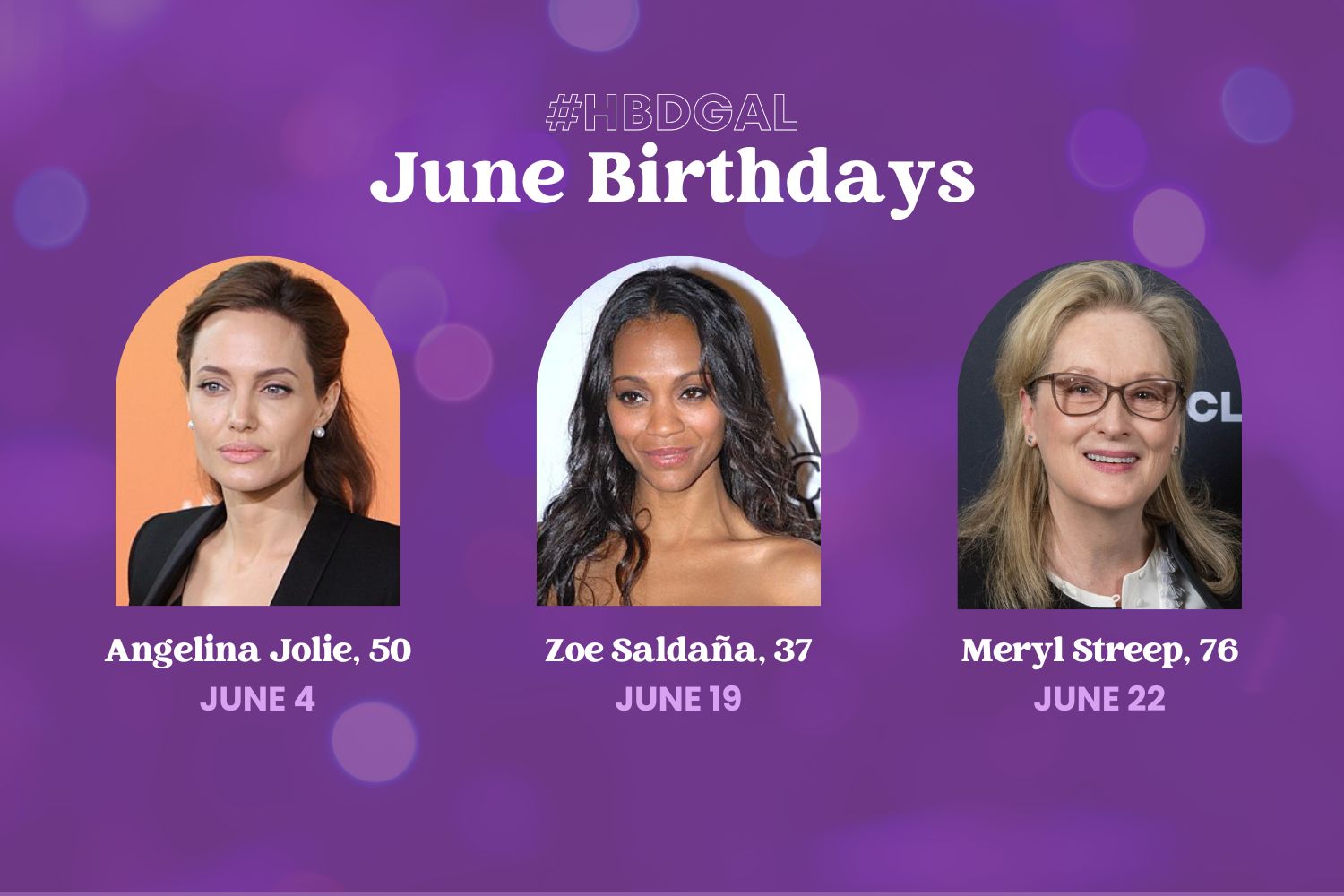
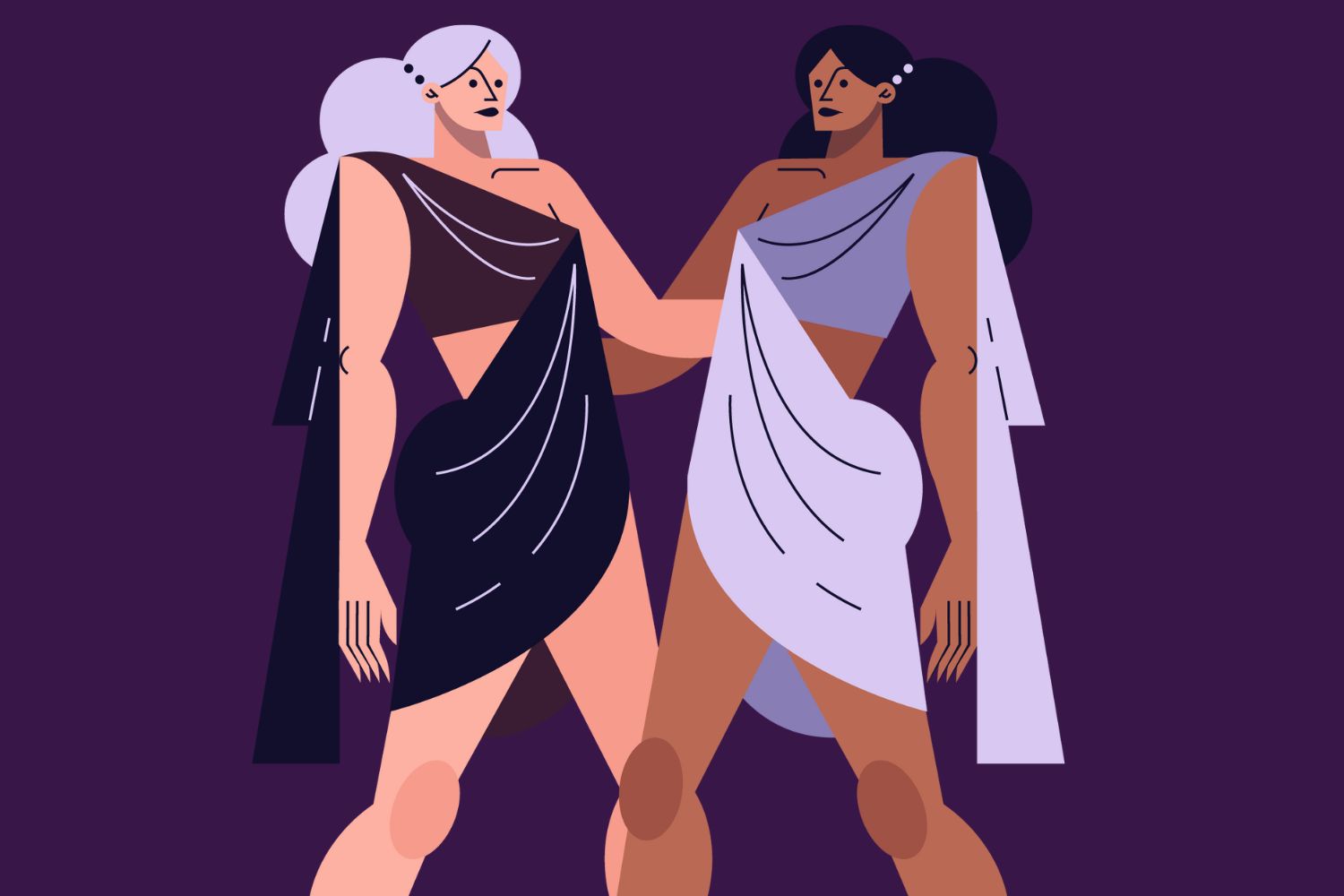
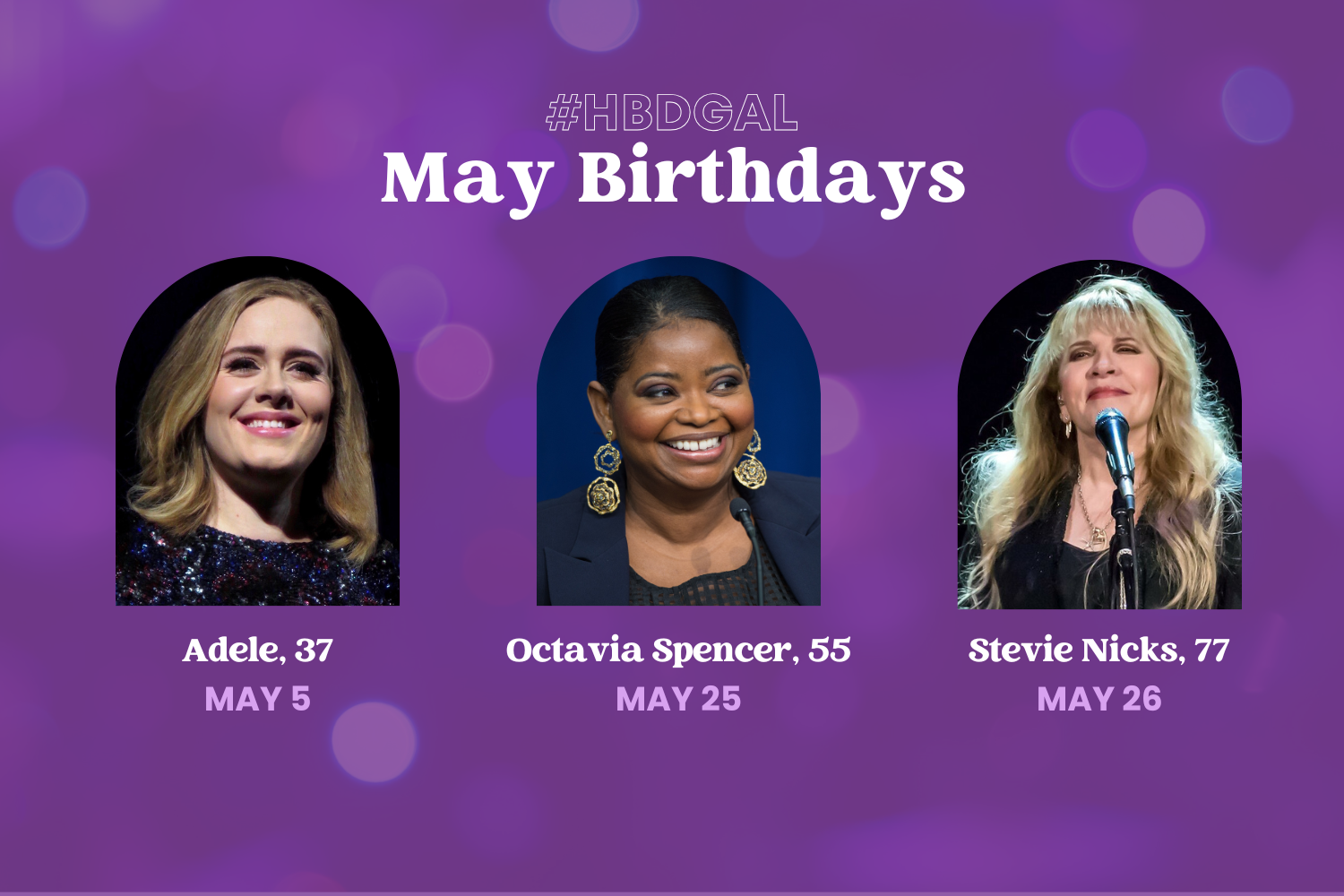
Lizzie Cook
A well-written and honest account of life here! You should both be proud of yourselves for putting this out there.
Amy Schroeder
Lizzie! So happy to hear from you, and thank you for reading Holly’s interview.
Sarah
Thanks for sharing! This was a great read, and I the category “WHAT DO YOU HAVE FIGURED OUT BY NOW?” is something I’ll be pondering for myself now.